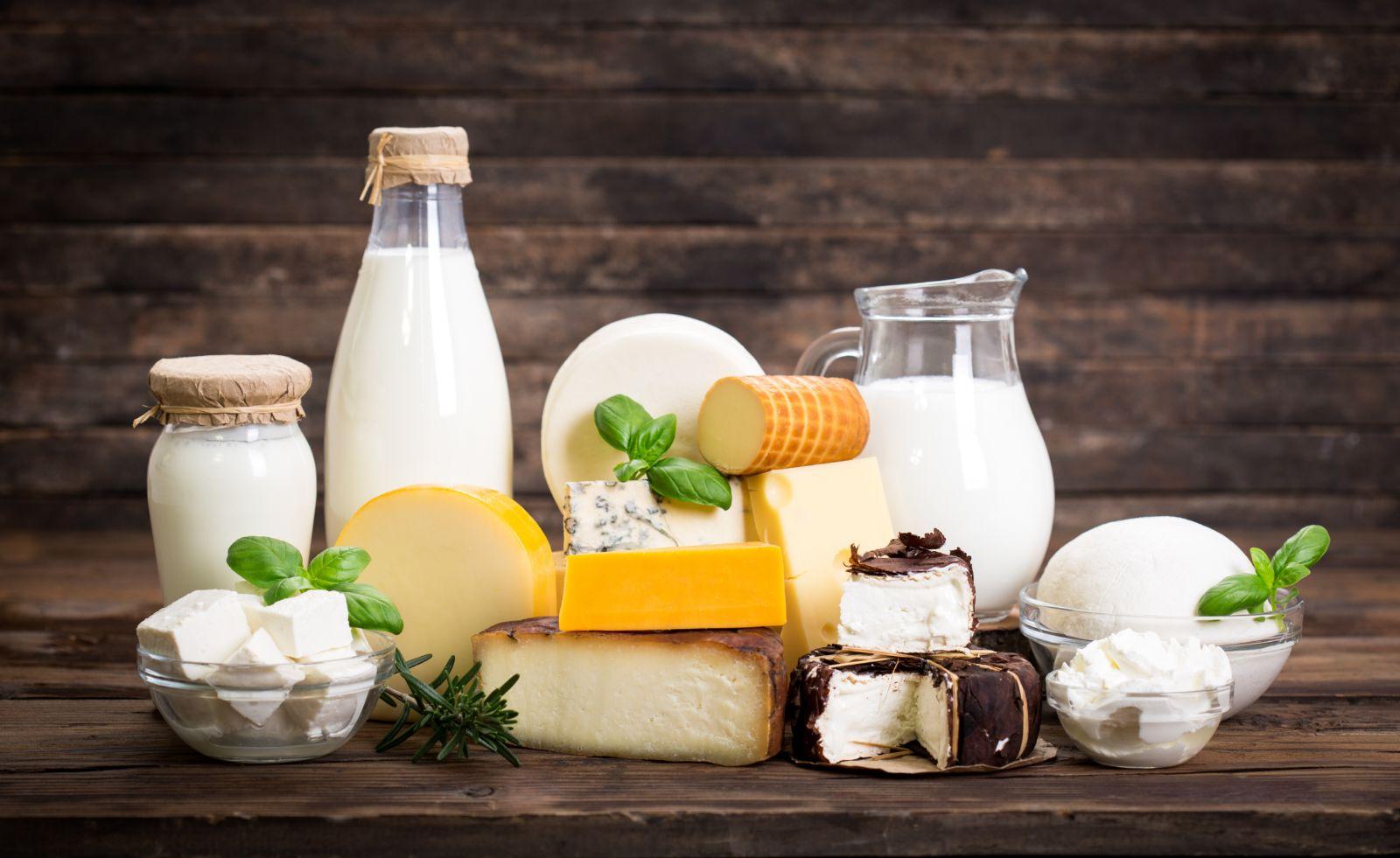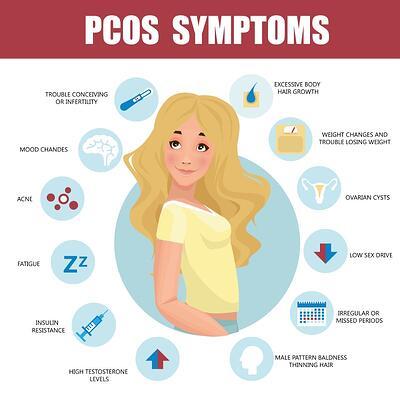In the realm of dietary choices, few topics stir as much debate and curiosity as the role of dairy in women’s reproductive health. As women navigate the complexities of nutrition and wellness, the question of whether to embrace or avoid dairy products becomes a focal point of discussion. From creamy lattes to rich cheeses, dairy has long been a staple in many diets, celebrated for its calcium and vitamin D content. Yet, whispers of its potential impact on hormonal balance and fertility have prompted some to reconsider its place on their plates. This article delves into the nuanced relationship between dairy consumption and reproductive health, exploring scientific insights, personal anecdotes, and expert opinions to unravel whether a dairy-free path might pave the way for better reproductive well-being. Join us as we embark on this exploratory journey, balancing the scales of tradition and modern health perspectives.
Exploring the Dairy Debate in Womens Reproductive Health
The connection between dairy consumption and women’s reproductive health has sparked considerable interest and debate. Some health enthusiasts advocate for a dairy-free diet, suggesting it may alleviate symptoms of hormonal imbalances, while others argue for its nutritional benefits. Potential benefits of reducing dairy intake might include:
- Decreased inflammation, which some studies link to improved hormonal balance.
- Reduced acne, potentially linked to lower intake of certain hormones found in dairy.
- Improved digestive health for those with lactose intolerance or sensitivity.
On the flip side, dairy is a rich source of essential nutrients such as calcium, vitamin D, and potassium, which play critical roles in bone health and overall wellbeing. For those considering reducing or eliminating dairy, it’s vital to ensure these nutrients are obtained through alternative sources. Balancing the potential benefits and drawbacks requires personalized consideration and, often, professional guidance.

Nutritional Insights: Dairys Impact on Hormonal Balance
Exploring the relationship between dairy consumption and hormonal balance unveils intriguing aspects of reproductive health. Dairy products contain hormones such as estrogen and progesterone, which can influence the body’s natural hormone levels. For some women, these exogenous hormones may exacerbate conditions like polycystic ovary syndrome (PCOS) or endometriosis, leading to a reconsideration of dairy’s place in their diet.
- Estrogen Levels: Consuming dairy may increase estrogen levels, potentially affecting menstrual cycles and ovulation.
- Insulin-like Growth Factor-1 (IGF-1): This hormone found in milk can influence ovarian function and may impact fertility.
- Inflammation: For some individuals, dairy can contribute to inflammatory responses, which might affect reproductive organs.
While the scientific community continues to debate dairy’s role in hormonal health, personal experiences and body responses should guide dietary choices. Women seeking to optimize their reproductive health might consider experimenting with dairy alternatives to observe any noticeable changes in their well-being.

Scientific Perspectives: Evaluating Dairy and Fertility Studies
In the quest for enhanced reproductive health, the role of dairy consumption has been a focal point in numerous studies. Researchers have explored the potential impacts of dairy on fertility, with varying conclusions. Some studies suggest that high-fat dairy products may improve fertility, possibly due to the presence of certain hormones and nutrients. Conversely, other research indicates that low-fat dairy might have adverse effects on ovulatory fertility.
It’s important to consider the complexity of these findings. Here are a few key points derived from scientific research:
- Hormonal Balance: Dairy contains natural hormones that might influence estrogen levels, potentially affecting ovulation.
- Nutrient Content: Dairy is rich in calcium and vitamin D, which are essential for hormonal regulation and reproductive health.
- Individual Differences: Genetic and metabolic variations can result in different responses to dairy intake among women.
Ultimately, the decision to include or exclude dairy from one’s diet should be personalized, taking into account both scientific insights and individual health needs.

Practical Advice: Making Informed Dairy Choices for Reproductive Wellness
When it comes to choosing dairy products for reproductive health, moderation and quality are key. Not all dairy is created equal, and understanding the nuances can help you make better decisions. Consider opting for organic and hormone-free options, as these tend to have fewer additives and potential endocrine disruptors. Additionally, full-fat dairy might be beneficial, as some studies suggest it can support ovulation. However, it’s essential to balance this with overall dietary needs and preferences.
- Opt for organic: Reduces exposure to pesticides and synthetic hormones.
- Choose full-fat options: May support hormone production.
- Watch for lactose intolerance: Can cause inflammation, impacting reproductive health.
- Incorporate variety: Include plant-based alternatives for a balanced diet.
Incorporating these strategies can empower women to make informed choices that align with their health goals. Remember, dietary adjustments should complement an overall balanced lifestyle and be tailored to individual health needs.








